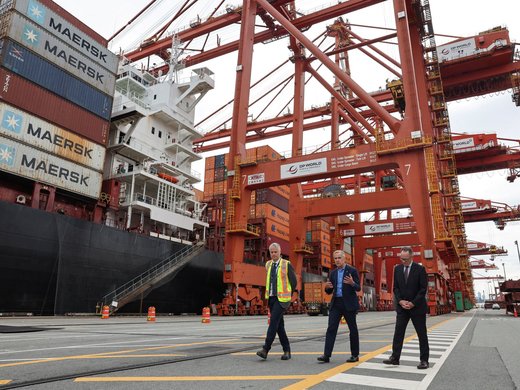This latest paper in the CIGI’s series on Caribbean Economic Governance examines the likely effects of the EPA between Caribbean countries and the European Union (EU), after decades of agreements that guaranteed markets and preferential prices for Caribbean exports. This paper finds the economic effects on the countries studied – Jamaica, Guyana, Trinidad and Tobago, and St. Lucia – will likely be minimal, despite the fierce opposition to and criticism of the EPA when it was adopted in October 2008, predicting that it will be disastrous for Caribbean economies,. This paper emphasizes that to benefit fully from the EPA, Caribbean countries will need to proceed with plans for the Caribbean Single Market Economy (CSME). The EPA can, therefore, provide the framework that will allow the Caribbean to compete in a liberalized global economy.
This EPA paper sought to determine the impact that the EPA would have on signatory CARIFORUM (CARICOM plus the Dominican Republic) countries, with specific regard to the effect on production patterns and trade balances with Europe, and the fiscal effects that the agreement would have considering that a key part of the agreement is the lowering of taxes and duties on European imports. It also explores the political economy dimensions of the virulent debate that surrounded the signing of the agreement.XX The signing of the EPA signalled a new era of trade relations between the EU and the Caribbean. The new agreement is reciprocal, meaning that Caribbean countries must also now open their markets to EU exports, and is compliant with the rules and precepts of the World Trade Organization; however, just as the agreement was to be signed, a torrent of criticism emanated from some of the region’s most esteemed economists and policy makers.
This paper found that, contrary to this dissent which argued that the agreement will have a profoundly negative impact on the region’s economies, the effects will be marginal. Customs revenues will decline as a result of the lowering of import taxes on European goods, but only minimally. More importantly, the EPA will be beneficial only in the context of the CSME. The successful implementation of the CSME would result in regional rather national productive activities, allowing all economies, regardless of their size, to capitalize on the EPA.
Click on the links below for reviews of this paper in:


